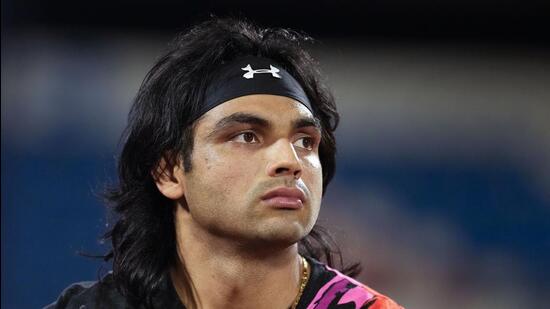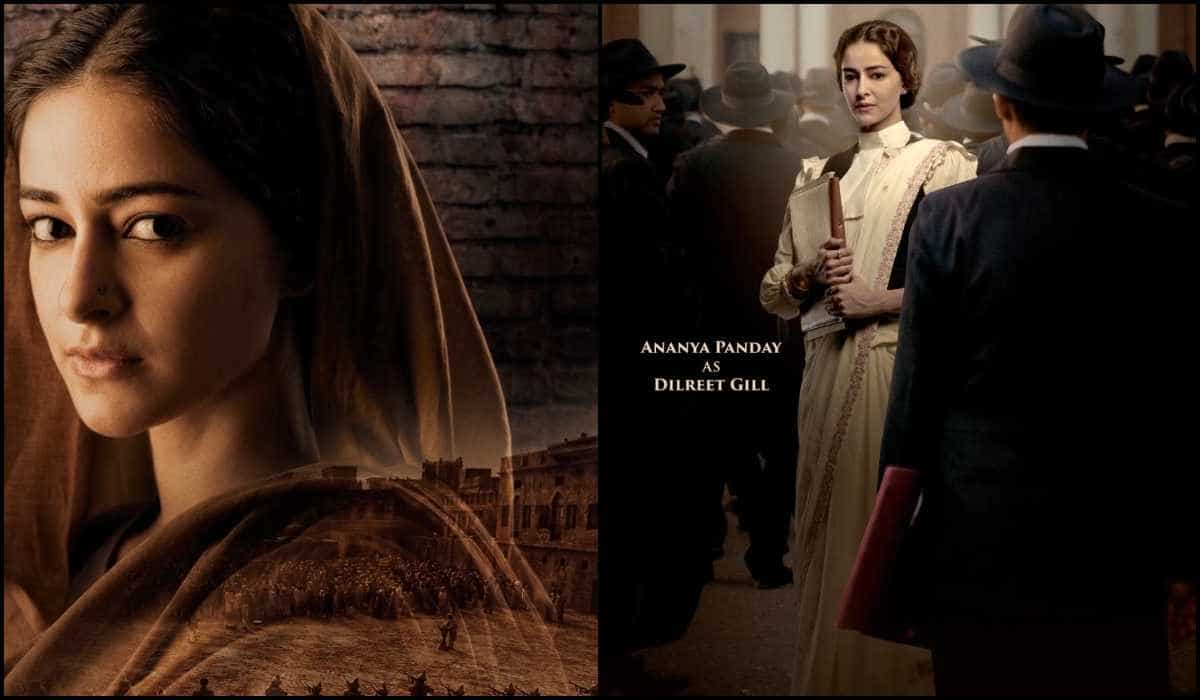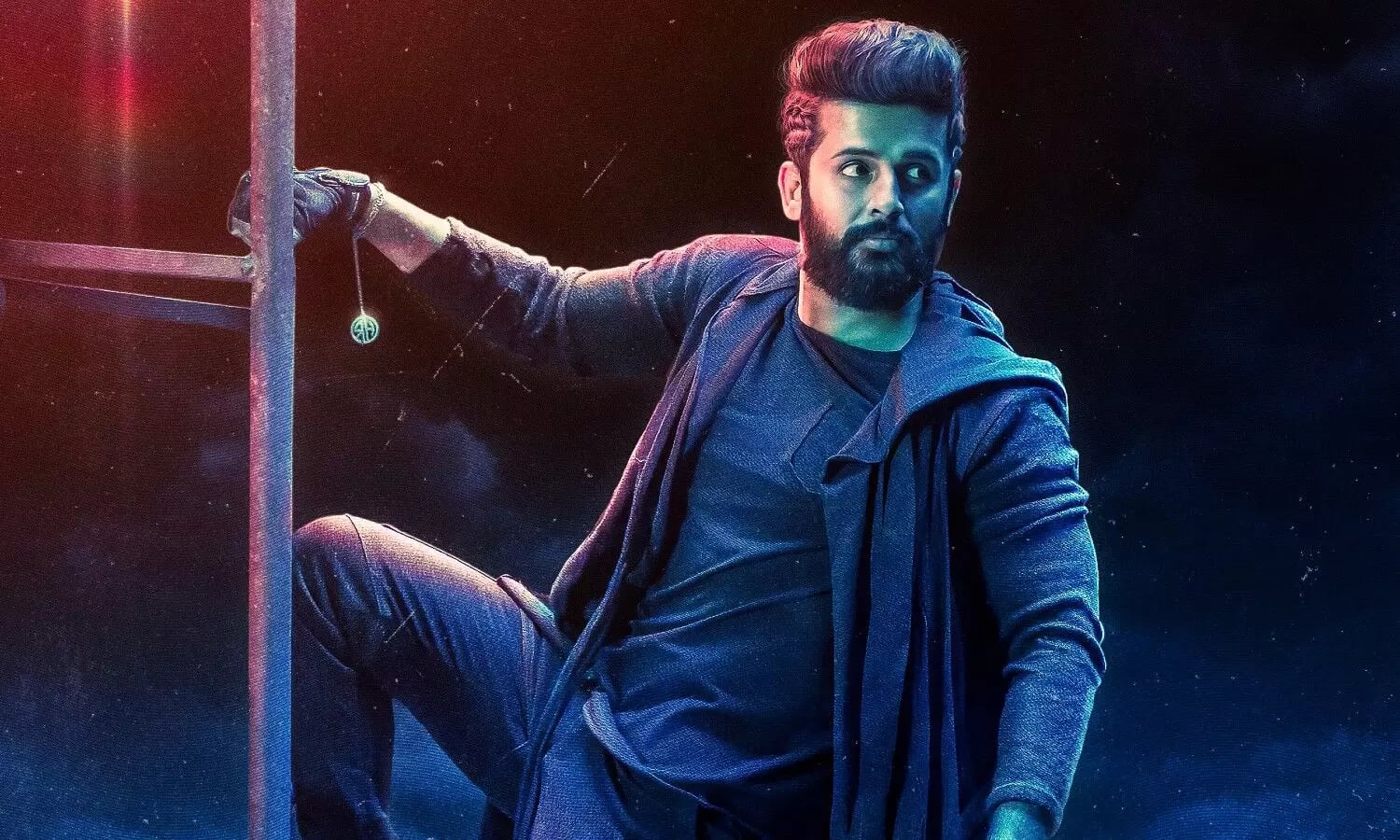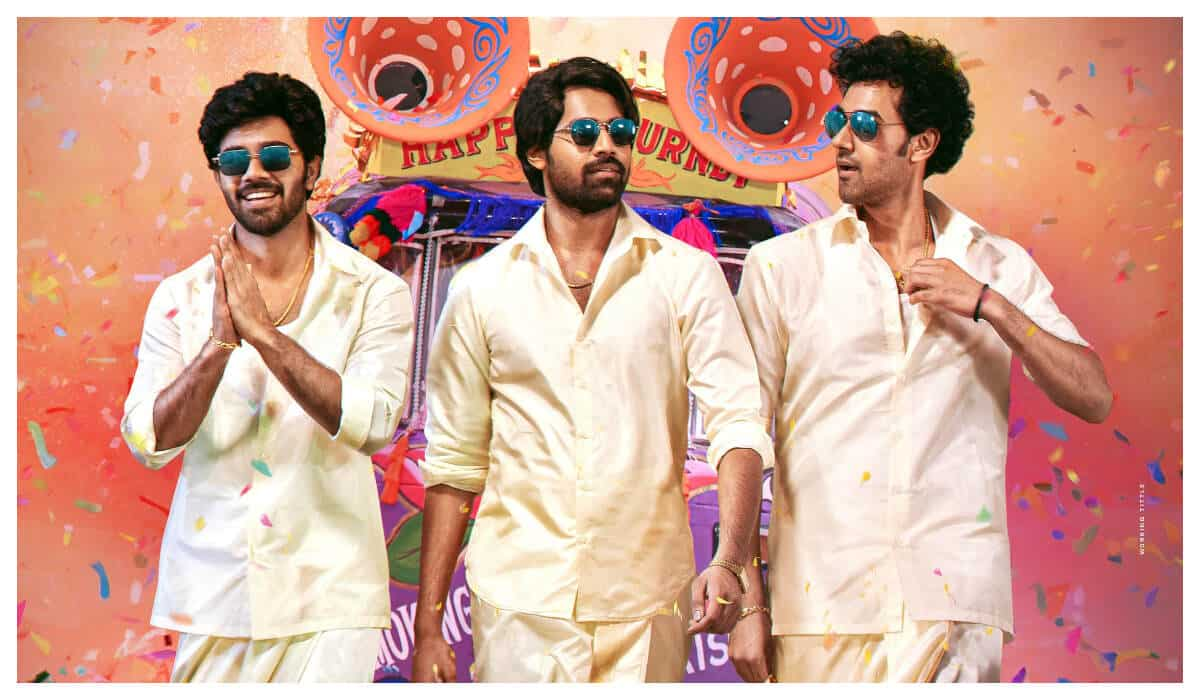
‘Neeraj the perfect guy to succeed in an imperfect scenario’
8 months ago | 71 Views
Three years after India’s athletes delivered their best-ever Olympics in Tokyo, here we are, just days away from yet another Olympic Games. The pressure on the Indian contingent will be immense, and rather than fighting it, my advice to them is to accept it. Develop the ability to stomach pressure, that’s the only way to deal with it.
For Neeraj Chopra, our only gold medallist in athletics, it will be a different challenge. Going in as a defending champion must feel different to him, but he has had a taste of that feeling at last year’s Asian Games where he defended his crown. Having said that, each campaign is a new campaign. In sports, yesterday doesn’t count, only consistency does. And Neeraj has been supremely consistent over the past few years.
He has handled his success very well. He has remained motivated, humble and grounded. In terms of performance, he has proved to be a cut above the rest in this cycle. A close look at the Paris-qualified javelin throwers suggests he may not have too many hurdles on his way to the medal, but that doesn’t mean he will have it easy at the Olympics.
Neeraj will do well if he takes Paris as a new competition. The baggage of the past doesn’t need to be brought to the now. If he approaches these Games with that mindset, I am sure he will come back with a medal. What colour, it will also depend on the day, but we can safely say he starts a favourite, not just because he won in Tokyo but also because he has remained the most consistent javelin thrower over the past two years.
What sets him apart is his very good work ethic and the ability to adapt. The fact that he decided not to compete in the Paris Diamond League (on July 7) tells me he is a very self-aware athlete. He knows what’s happening with his body, which is very crucial in an injury-prone sport such as javelin. It is a very rare quality in an Indian athlete. Listening to the body is a very important aspect of the performance and I feel more and more Indian athletes and coaches must develop and promote that.
In my interactions with him, Neeraj has come across as an open-minded athlete. Some athletes don’t even listen to ideas, but not Neeraj. He is flexible and open to newer ways of training. Sometimes the danger of success is that since you have succeeded in a particular way, you tend to repeat that cycle hoping it will bring success again. Nothing can be farther from the truth. It’s the athlete’s ability to keep an open mind, strive to improve and innovate, try new things, be receptive to changing techniques, and translating all those learnings into performance is what spells success.
The way Neeraj thinks comes as a breath of fresh air. For instance, it is not common for an Indian athlete to change coaches. Neeraj did that when he had tasted only a small fraction of the success he has now. Just that ability to think for himself and understand what’s best for him makes him truly world class, apart from his performances. It’s a lesson for all Indian athletes.
I had a very fruitful meeting with Neeraj at my place a few days after he won the Olympics gold. It was a nice afternoon. I think I had met him once earlier when he had come to my centre in Mohali when he was injured. It was nice to chat with him, just talk about how his experience in Tokyo was. He came across as a process-oriented person. I gave him a little pup because he was looking for one. He met my parents with genuine respect. I have met him a couple of times again, including once at the Olympics museum in Lausanne when he donated his javelin. Later, I went and watched him at the Lausanne Diamond League.
I have always found him to be very simple and humble. We shared ideas about how to get better as athletes. There was a time when there was a lot of talk about that 90m thing. He was very interested in breaching that mark. My suggestion to him was that sometimes as athletes, we tend to train to get better in training. But at the end of the day, we need to get better in competitions. He would have probably touched 90m in training but how do you convert that into performance in competitions? We discussed that aspect in detail. I told him I shot perfect scores multiple times in training, but the challenge remained to replicate that in matches.
I also told him that sometimes we make the mistake of making things too easy in training because we want to improve our specific skills. But competitions will be imperfect and you will be asked to produce a perfect result in an imperfect scenario. To me, he appears the perfect guy to succeed in an imperfect scenario.
Read Also: paris 2024: the hopes of a nation
#




















